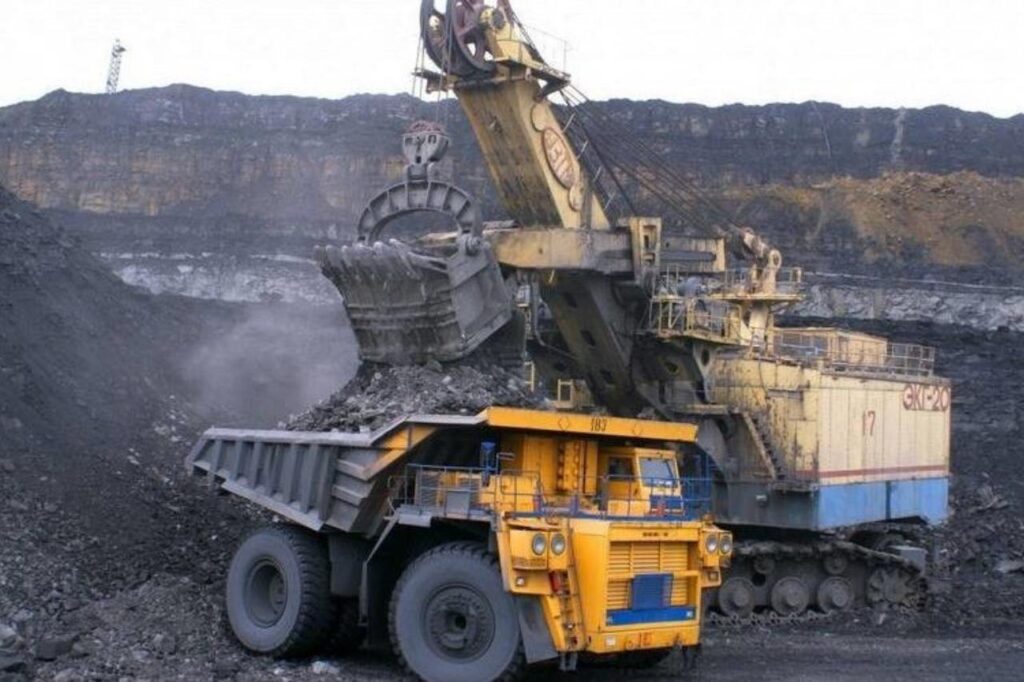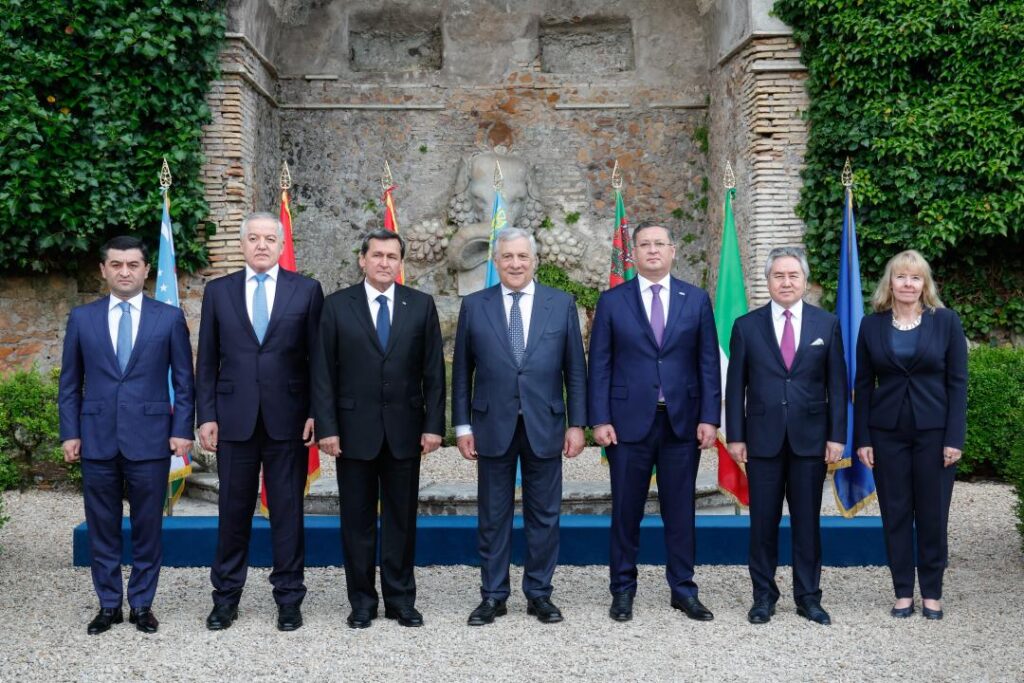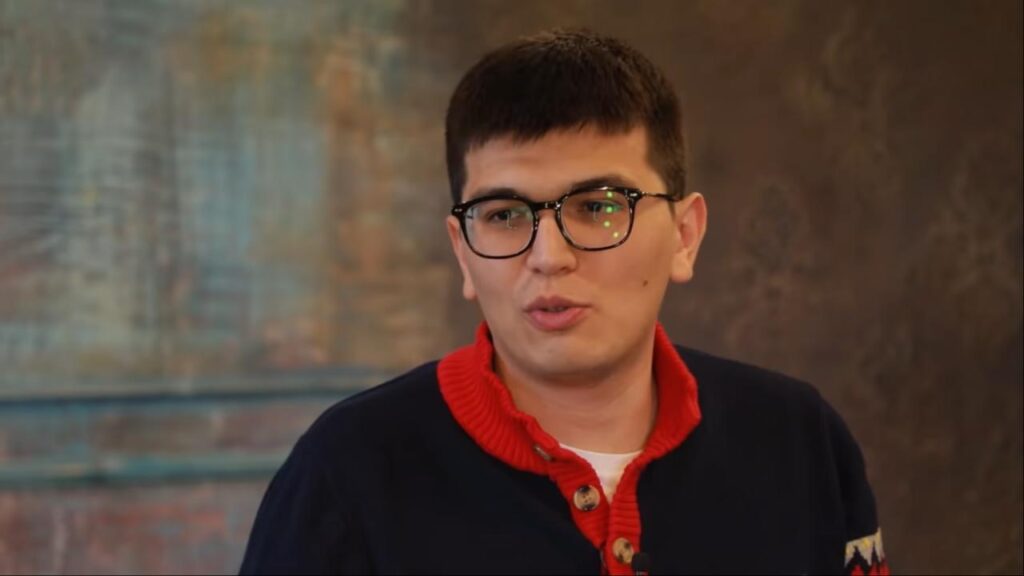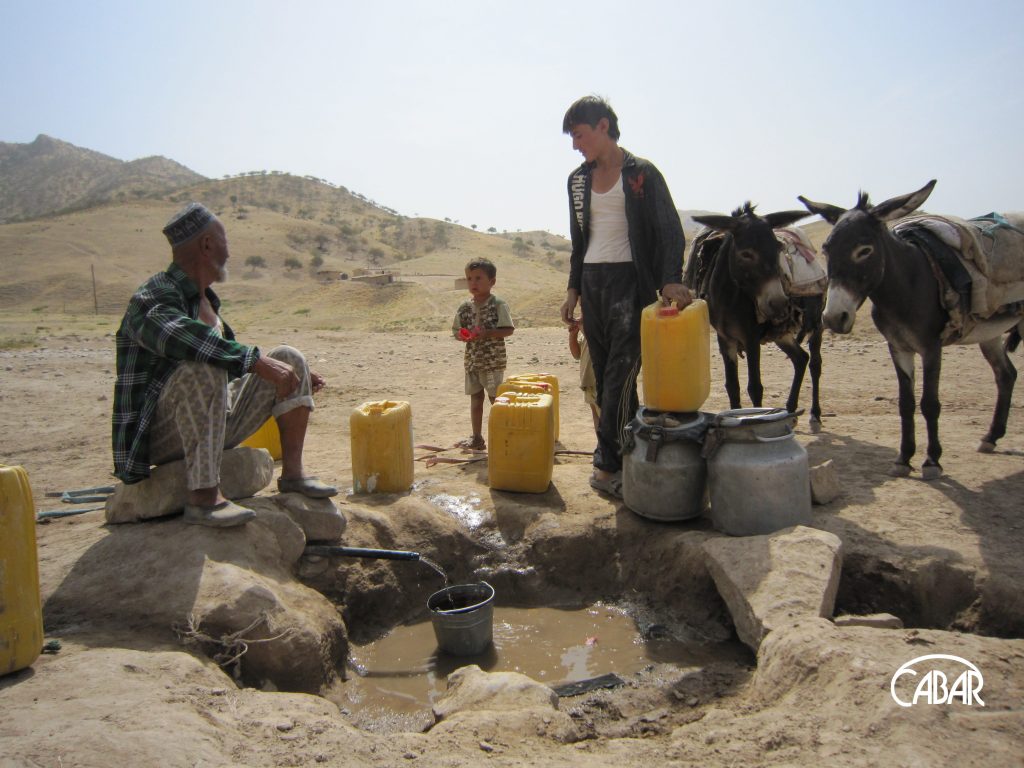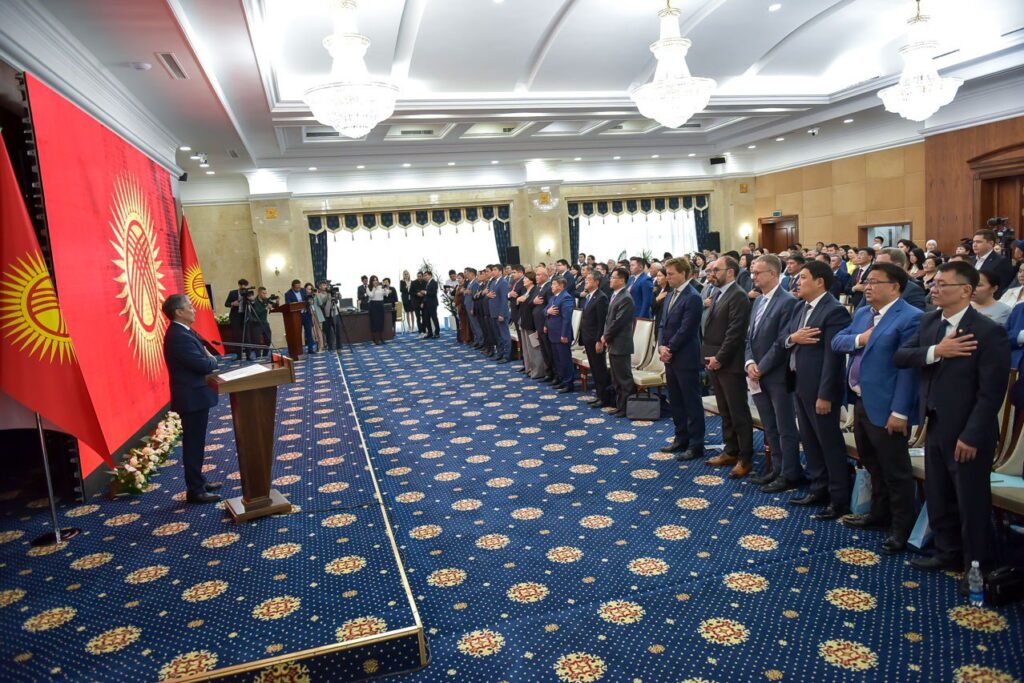Mining Output Grows in Tajikistan
Mining output in Tajikistan has grown by more than 18% over the past year. Enterprises in the mining and precious metals industry for the first four months of 2024 produced quantities worth 4.3 billion somonis ($398.6 million), which is 667 million somonis ($61.7 million) or almost 19% more than the same period in 2023, Sputnik has reported. According to Muhammadvalishokh Makshulov, a spokesman from the ministry of industry and new technologies, the demand depends primarily on increasing enterprises' capacity and creating new directions in their work. According to the ministry, last year the company Zarafshon launched a metallurgical plant to produce metallic copper, built on the most modern technologies in the world, thanks to the acquisition of more than $119 million. Also, on 5 July 2023, the enrichment plant of TVEA Dushanbe Mining Industry LLC, with a capacity of processing 900,000 tons of ore per year in the Ayni district of the Sughd region, started operating. This company started production at two mines: Kumargi Bolo and Duobai Sharqi. The first mine is located at an altitude of almost 4,000 meters, and the second is at 2,300 meters. Last year, with the attraction of $43 million in foreign capital, construction began on the second stage of a metallurgical plant to produce lead, silver, and copper for the Tajik-Chinese mining and industrial company. Currently 21 companies are engaged in the mining and processing of minerals and precious metals in Tajikistan, seven of which are active due to Chinese investments. About 12,500 people work in the business of mining and processing minerals and precious metals. Of these, 11,500 are Tajik citizens, and the rest are Chinese.
